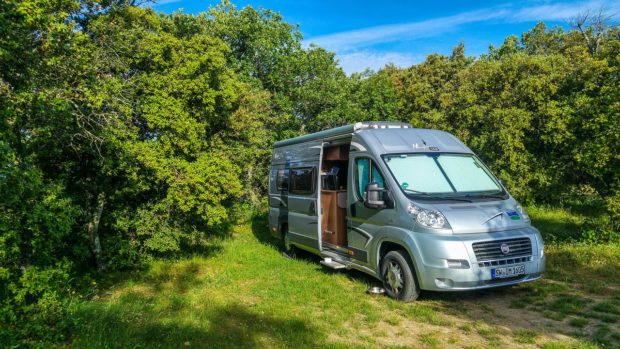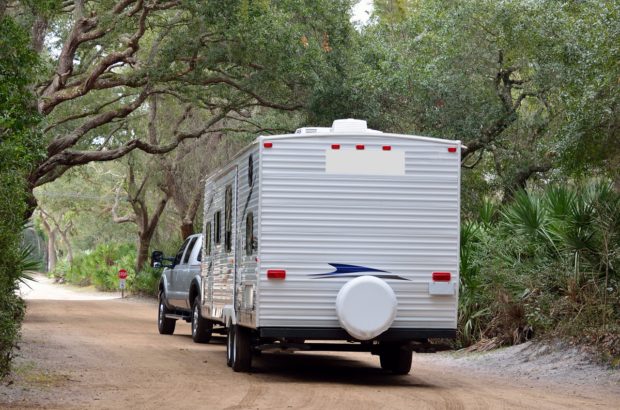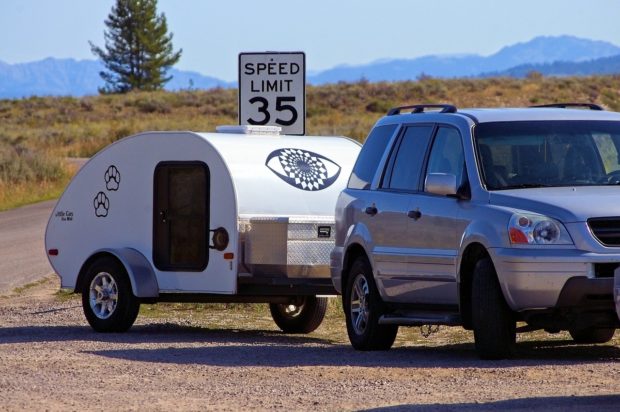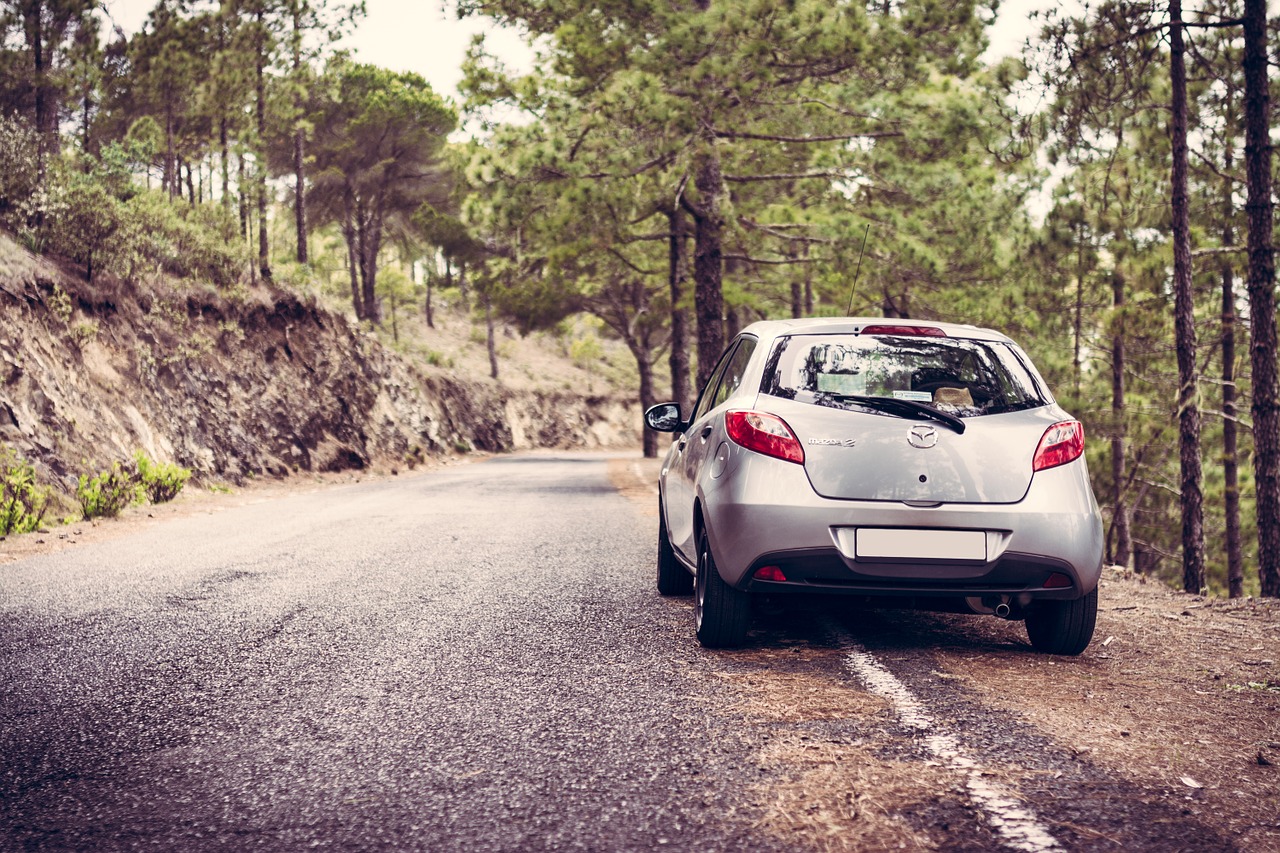Did you know that in 2017, over 10 million Americans owned an RV? And another 17 million were in the market for one!
Needless to say, RVs, or recreational vehicles, are an extremely popular choice for travelers – and for good reason! Like any vehicle, an RV is a large investment, but one that will pay for itself with the amazing memories you’ll create with your loved ones alone.
If you’re in the market for a recreational vehicle, you might feel a bit overwhelmed by all the different types of RVs on the market. What are the differences between the most common types? How do you know which one is best for you?
We’re here to help answer those questions and more! To learn everything you need to know about the most popular RVs, just keep reading.
1. Class A Motorhomes
Class A motorhomes are most likely what comes to mind when you think “RV.” They’re bus-like vehicles, about 30-40 feet long, and come in both diesel and gas varieties. They’re both the largest and most luxurious type of RV, making them ideal for cross-country trips and full-time travelers.
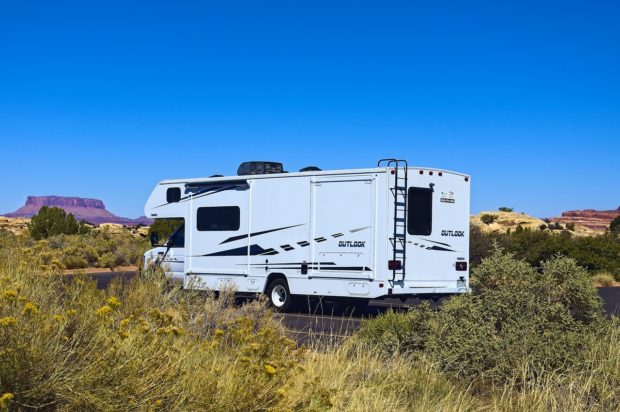
Both gas and diesel Class A motorhomes come with all sorts of amenities, such as refrigerators, televisions, even washing machines! So if you travel often and enjoy doing so in style, a Class A could be for you.
2. Class C Motorhomes
A step below Class A motorhomes in size, Class C motorhomes look a bit more like a van, as they’re built on a truck chassis. However, they offer much more space than a van (or Class B motorhome) would.
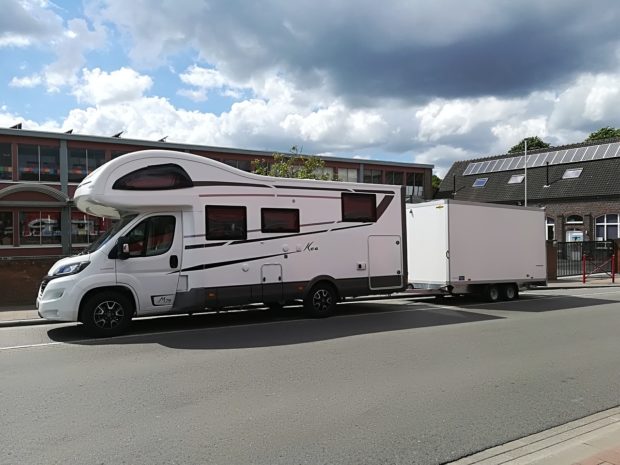
With additional space on the sides and an overhang that holds an additional bed or storage area, Class C motorhomes provide many of the same amenities as their Class A counterparts. They’re somewhat more versatile than Class A motorhomes, as they can go and park places that the larger varieties simply cannot.
3. Class B Motorhomes
You might have seen a Class B motorhome on YouTube or even the travel channel. Commonly known as camper vans, Class B motorhomes offer many of the benefits of an RV with the convenience and size of a car.
About 20-25 feet in length, camper vans are compact, but will still include amenities such as a toilet, shower, and sleeping space. Their size might rule them out for larger groups and families, but they’re perfect for solo travelers or couples.
4. Travel Trailers
While the aforementioned RVs can be driven, a travel trailer must be towed behind another vehicle. They come in a wide range of varieties and sizes, some of which have numerous slideouts that increase the living space when parked.
The benefit of a travel trailer is that you don’t have to tow a car behind your camper while you’re on the road. Once you’ve arrived at your campsite, you just unhitch your trailer and you now have a vehicle to explore in and a home unit to come back to!
5. Teardrop Campers
Last but not least are teardrop campers, otherwise known as tiny trailers. The smallest of the bunch, teardrop campers are most comparable to Class B motorhomes in trailer form. But like Class B motorhomes, don’t let their size fool you!
While you can find teardrop campers that are essentially a bedroom on wheels, there are larger designs that include kitchens and bathrooms as well. Many RV dealerships, such as Leisureland RV, will have websites that you can browse to get more detailed information on the size and amenities of specific models.
Choosing Between the Different Types of RVs
Now that you know a bit more about the different types of RVs, you’ll be able to browse for your next adventure vehicle with confidence. Ultimately, the decision comes down to personal taste. Because at the end of the day, a family of four can make a camper van work and a solo traveler might enjoy the luxury of a Class A motorhome.
It’s your investment, and your vehicle, you should choose what speaks to you most! And once you have the type of camper you’re going to purchase in mind, be sure to check out our blog for tons of ideas about where to take it!

